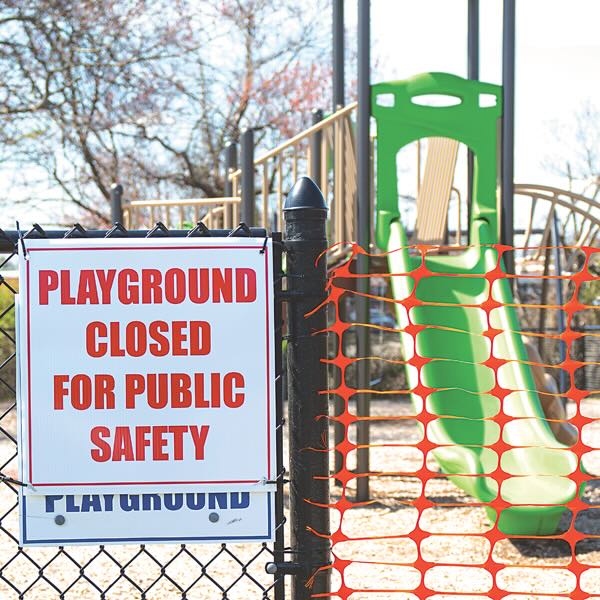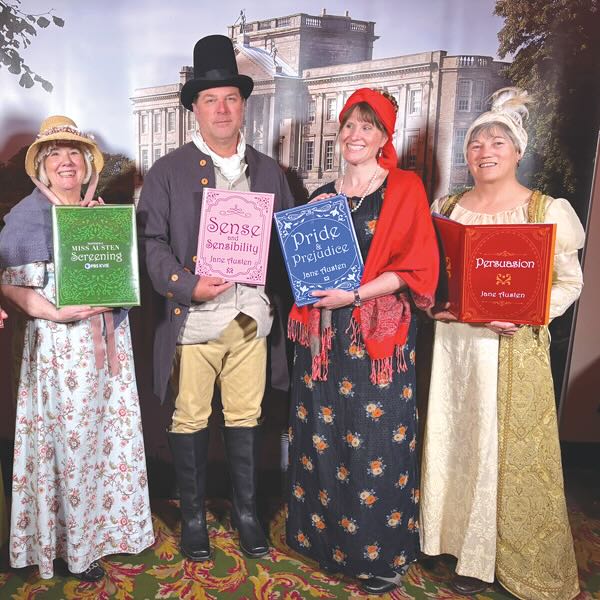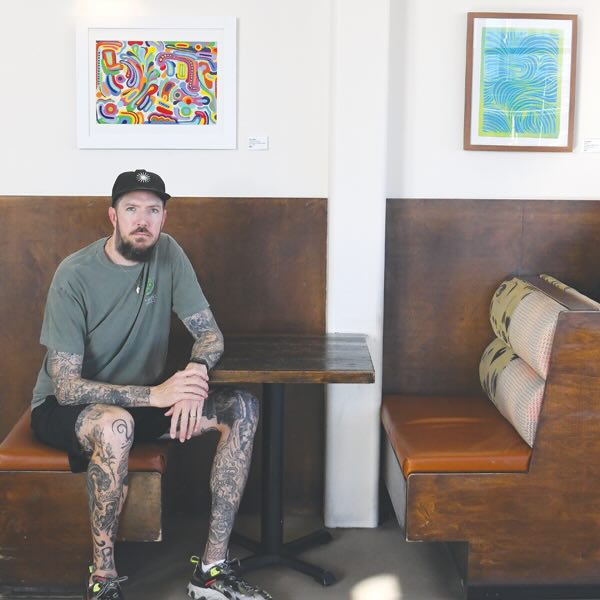
Dec 28, 2025
Officials responded with extraordinary speed when the pandemic struck in 2020. Schools shut down. Businesses closed. Church services were banned.
The goal was to reduce viral transmission and prevent hospitals from being overwhelmed. People were dying, especially older ones.
Now studies show many of the measures designed to limit virus spread had serious negative outcomes for health, education and the economy.
In the years since 2020, much public framing has followed a familiar path: “We didn’t know what to do.” At the time, professional voices who advocated for less radical reactions were censored or defamed.

Dec 28, 2025
With state employees working remotely, Downtown needs a boost. Our business district always depended on state workers for daytime vitality. Despite recent progress, Downtown continues to suffer.
Like any big idea, it’s hard to say if this one will ever happen. But Sacramento State University’s compelling proposal for a mixed-use campus on Capitol Mall excites some smart, influential people.
“Downtown is flat on its back,” West Sac developer Mark Friedman tells me. “The daytime population is 40% less than what it was pre-COVID.”
California is the only U.S. location where state employees haven’t been sent back to the office, he notes.

Dec 28, 2025
If you walk past the Sterling Hotel at 13th and H streets on Sunday, Jan. 11, and see people in Regency dress, you haven’t stumbled into a time warp.
It’s Jane Austen’s 250th birthday party, put on by the Jane Austen Society of North America, Greater Sacramento Region.
With luck, you’re a reveler in the ballroom, dressed in Austen-era finery, enjoying small plates, stimulating conversation and English country dance in an Austen novel come to life.
“Because it’s her 250th birthday, we decided we’d pull out all the stops,” event Chair Alanna Butterworth says. “We’re hoping to entice people who have not participated yet or who’ve never been to a Regency dance to come and enjoy a warm environment.”

Dec 28, 2025
Two recent coffee additions serve more than coffee. Zoe Coffee & Tacos pairs excellent dishes from Mexico and El Salvador with traditional coffee shop fare. The Coco Cafe draws on its Thai roots. Both expand what coffee shops can be.
Zoe Coffee & Tacos, opened in June 2024, is a fantastic little shop tucked into a corner of Poverty Ridge in Midtown.
A stone’s throw from the construction site where The Sacramento Bee stood, this tiny spot makes the most of its footprint. Once, it was part of the Bee’s delivery truck garage.
Owner and chef Josue Acosta recalls his Salvadoran roots to make excellent pupusas, tacos and more.

Dec 28, 2025
Liz and Markus Bokisch created a bucolic, organic and sustainable wine oasis where Spanish roots shine in vine after vine.
Burgundy and amber grapevines tangle against each other. Liz and Markus exchange stories of their years working the land in California and Spain.
Bokisch Vineyards and tasting room in Clements Hills east of Lodi showcase the Spanish varieties Markus helped introduce to the U.S. in the 1990s. He grew up in La Jolla, but his mom is from La Rapita, a fishing village on Spain’s Catalan coast.

Dec 28, 2025
Next time you shop at Sacramento Natural Foods Co-op, pop upstairs. You’ll find an art exhibition by a local artist, thanks to a new partnership between the co-op and Timeless Thrills Gallery.
“A few months back, someone came into the gallery who happened to be an employee at the co-op,” says Tyler Wichmann, who owns the J Street art gallery with his wife Jessica. “We hit it off and they mentioned they were interested in creating more creative avenues with the upstairs space and showing local art.”











